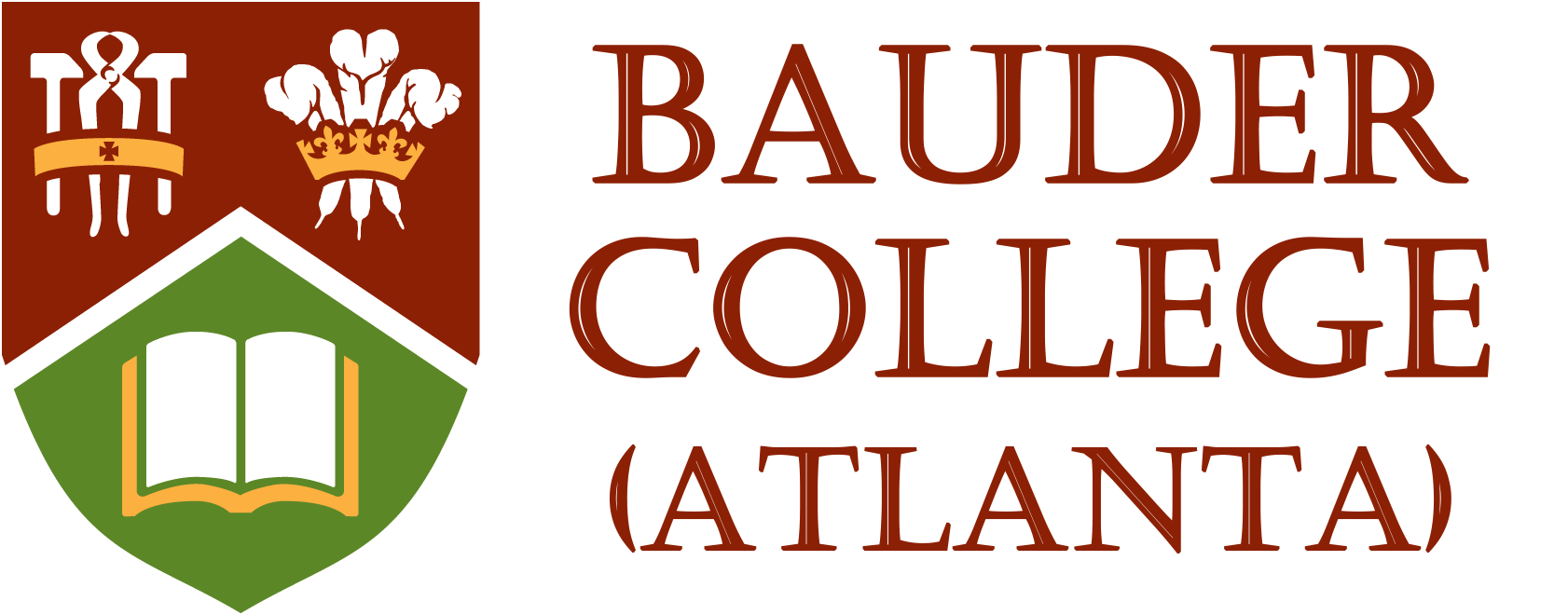This program is one of two doctoral programs offered by the Faculty of Science, the other of which being the PhD in Environmental Sciences.
This research-intensive PhD program brings together researchers from the faculty of science at BCA to tackle the chemistry, physics, and biology of molecules big and small. The program involves graduate-level courses, a dissertation, candidacy examination and final oral defense while developing unique connections to the business aspects of the growing field. While the focus is on developing an expertise in the chemistry and/or physics of molecules and macromolecules, students will also engage in three MBA-level business courses key to applying scientific concepts and principles in the business world. Students will also participate in a capstone experience where they will be paired with a company to integrate their trans-discipline knowledge.
Research projects span a wide range of molecular and macromolecular sciences (MMS)--from synthetic and analytical work on biodegradable polymers, marine natural products, supramolecular systems and intercalation chemistry to theoretical studies on molecules, materials and movement to applied research in imaging, drug delivery, and batteries.
Students will be required to take three (3) graduate-level courses in Molecular and Macromolecular Sciences, three (3) graduate-level courses in business, and one (1) capstone course that integrates science and business components. Each student must complete a minimum of three (3) courses within the first 18 months of the degree, which may be a combination of the science and business requirements but must include at least one MMS and one business course. In addition, students should have started their capstone project, although completion of this project is not a requirement for this period.
Following this initial stage of research and coursework, each student will take a candidacy exam adjudicated by a Candidacy Examination Committee, and upon its successful completion will become a PhD candidate. Completion of the remaining required courses, further development of the research project, and preparation of a thesis within a maximum of seven (7) years will culminate in the defence of this body of work in a public forum, adjudicated by the student’s supervisory committee and an external examiner who will be an expert in the student’s field of research. If a student, for any reason, withdraws from the PhD program they may elect to enter the MSc program at BCA if no such degree has been previously obtained.
Graduate students are required to register for MMS 8010—PhD thesis throughout their degree program. Additional required constellation-based courses include MMS 8020—Molecules, Macromolecules and the Business of Science and MMS 8030—Directed Studies in Molecular and Macromolecular Sciences. Students are also required to take 2 additional MMS electives at the graduate level. Business requirements include BUS 6030—Marketing Management, BUS 7010—Biotechnology Management and Development and BUS 7020— Commercialization of Biotechnology and Innovations.
In the following it must be understood that the standard of reference is the typical American university curriculum and university system.
Admission to a graduate degree program as a regular student is granted, on recommendation of the Department concerned, to:
i. the holder of a Doctor of Veterinary Medicine (DVM) degree, or a four-year honours or majors baccalaureate or its equivalent, as set out below; or
ii. a student who has satisfied the requirements for transfer from provisional student category as described below.
The minimum requirement for admission to graduate studies in the Faculties of Science and Veterinary Medicine is a Doctor of Veterinary Medicine (DVM) degree, or equivalent; or a Bachelor of Science (BSc) degree, or Bachelor of Engineering (BEng) degree, or equivalent, normally of four years’ duration, in an honours or majors program or equivalent from a recognized university or college, the applicant having achieved an average of at least second-class (“B,” i.e., 70% to 79.9%) standing in the work of the last four semesters or the last two undergraduate years.
Please refer to the BCA Academic Calendar for complete admissions information.
Students are expected to be proficient in the use of English, both written and oral, when they begin their studies at the Bauder College (Atlanta). Please review the English Language Requirements for graduate programs.
Application deadline: for Fall intake July 1; for Winter intake November 1; for Summer intake March 1.
Securing a supervisor prior to applying to this program is an admission requirement. Visit the Potential Graduate Supervisors page of the Faculty of Graduate Studies website for contact information.
Tuition
Master of Science - $8,601 per 2 year program
Master of Veterinary Science - $8,601 per 2 year program
Master of Applied Health Services Research - $13,380 per 2 year program
International students pay $7,470 per year in addition to full-time student tuition.
For a complete breakdown of part-time or full-time study as a student in the Faculty of Science, visit our Tuition and Fees page.
Scholarships and Awards
BCA supports you and your educational goals. We administer millions of dollars in scholarships and awards to our undergraduate and graduate students every year. Depending on your faculty or program, and year of study, you may be eligible for available awards.
Search the complete list of scholarships for information and application forms.



